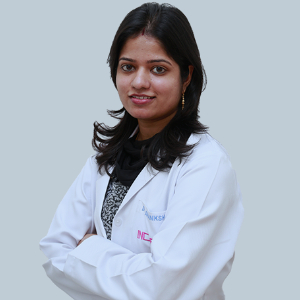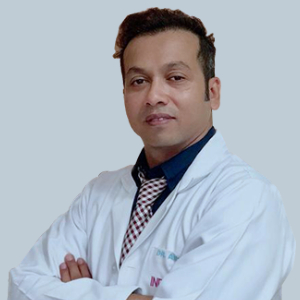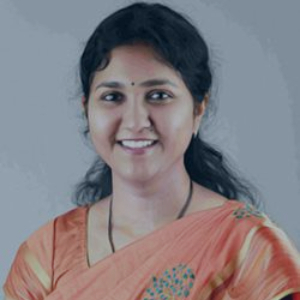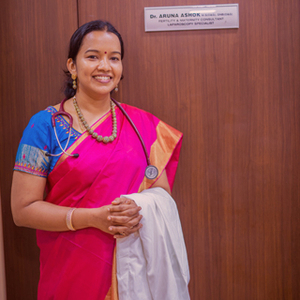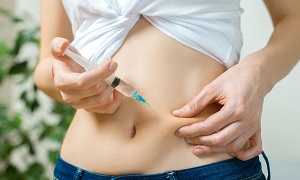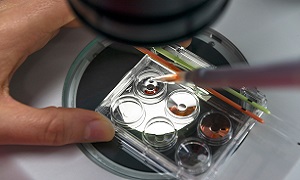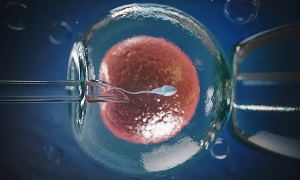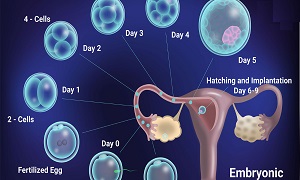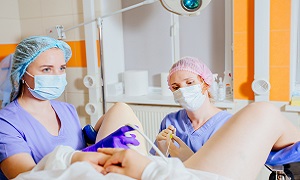Top IVF Specialists in India
- IVF Specialist & Gynaecologist, Kolkata, India
- Over 10 years’ experience
Profile Highlights:
- Dr. Akanksha Jangid is a Consultant of Gynecology and Obstetrics in Kolkata currently associated with Indira IVF. The center is a highly specialized unit equipped with the latest technology in Assisted reproductive technology together with state-of-the-art infrastructure and laboratories.
- She is trained in infertility treatment and provides services for IVF, IUI, ICSI, and fertility tests.
- IVF Specialist & Gynaecologist, New Delhi, India
- Over 15 years’ experience
Profile Highlights:
- Dr. Arvind Vaid is a well-known Gynecologist and Obstetrician in Delhi specializing in IVF and infertility treatment.
- He has over a decade of experience in the treatment of infertility and has helped a number of patients in having a child through ART (Assisted Reproductive Technology).
- Dr. Arvind Vaid is trained in various infertility procedures including IVF, ICSI, IUI, and assisted laser hatching.
- IVF Specialist & Gynaecologist, Hyderabad, India
- Over 15 years’ experience
Profile Highlights:
- Dr. Chandana Lakkireddi is renowned infertility and IVF specialist in Hyderabad with expertise in all kinds of assisted reproductive techniques and the management of infertility issues in both males and females.
- She has an extensive experience of 15+ years and finds interest in reproductive endocrinology, management of PCOS, implantation failure, recurrent failed cycles of IVF, miscarriage, endometriosis, and adenomyosis.
- IVF Specialist & Gynaecologist, Chennai, India
- Over 15 years’ experience
Profile Highlights:
- Dr. Aruna Ashok is a well-known gynecologist and obstetrician with experience in the treatment and management of all types of gynecological issues and disorders.
- Along with that, she is an experienced and skilled infertility specialist with training in various types of assisted reproductive techniques including IVF, IUI, ICI, and IMSI. She performs infertility surgeries and donor insemination surrogacy among other several procedures.
- She has delivered talks and presented papers at national levels on infertility, IVF, and the advancements being made in ART.
Best IVF Clinics in India
IVF Procedure
In-Vitro Fertilisation (IVF), also called Test Tube Baby is a process of fertilization where an egg is combined with sperm outside the body, in vitro. The process involves monitoring and initiating a woman’s ovulation process, removing an ovum or ova (egg or eggs) from the woman’s ovaries and letting the fertilization process in the laboratory. After the fertilization when the embryo is formed, it is implanted in the same or another woman’s uterus.IVF is a type of assisted reproductive technology used for infertility treatment and gestational surrogacy.
IVF Procedure Explained
The IVF cycle takes about 3 weeks’ time and has six main steps. Following is a step-by-step explanation of an IVF Procedure.
Step 1: Ovarian Stimulation
In this step, the IVF specialist will monitor your ovaries and the timing of egg release. They will ensure that your ovaries are releasing eggs and the hormone level (among other things) are normal.
Depending on the protocol followed, you may be required to take fertility medicines or hormones to stimulate your ovaries to produce more eggs, so that chances of pregnancy is maximized by IVF.
Patients who are not able to produce enough healthy eggs can have the option of going with donor eggs.
Step 2: Egg Pick-up
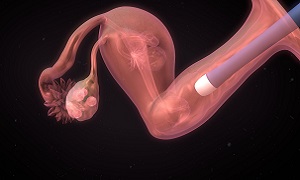
During this step in the IVF process, pain medication is given to reduce any discomfort. Then a very thin needle is passed through the upper vaginal wall. With the use of vaginal ultrasound, fluid is removed from the follicles under gentle suction.
Immediately after aspiration of the follicle, the oocyte (egg) is isolated from the follicular fluid. The egg is placed in a culture dish containing nutrient media and then transferred to the incubator.
Step 3: Sperm Preparation
The male partner has to be present at this stage to give sperm for the IVF process. Generally, sperm is provided on the day of egg retrieval. However sometimes sperm can be collected in advance and frozen for use after egg retrieval. While generally sperm is donated through ejaculation, in cases where male partner is not able to donate enough healthy sperms through ejaculation, sperm retrieval procedures like microepididymal sperm aspiration (MESA), or testicular sperm extraction (TESE) is used. It is recommended to avoid intercourse for 2 days prior to sperm donation but not more than 6 days for best quality sperm.
Step 4: Egg Fertilization
The next step of the IVF process is the fertilization of the egg. A sperm sample is secured, either from your partner or a donor, and the most active sperm is mixed with the egg in a special chamber. Sometimes the sperm is directly injected into the egg (ICSI Procedure). Then, the sperms and eggs are placed in an incubator and monitored to make sure that enough healthy embryo develop.
Step 5: Embryo Development
Eggs undergo several stages of development, like Zyogote, Cleavage and Blastocyst phase. Not all embryos will grow in culture, only those cells that reach the Blastocyst stage are considered for transfer to uterus. Generally, more than one embryo is considered for transfer to maximize chance of success in IVF. However, this also increases the chance of twins or triples in IVF. Your IVF Specialist will discuss with you about the number of embryos to transfer and the decision is generally taken mutually after evaluation of pros and cons.
Step 6: Embryo Transfer and Implantation
The final step of the IVF process is the embryo transfer. First, the embryos are examined to select the healthiest ones for transfer. To transfer the embryo(s), a speculum is placed into your vagina and the embryo(s) are transferred via a small plastic tube placed through the cervix into the uterine cavity. After the IVF process is complete, bed rest is often advised for around 24 hours.
FAQs
What is the Success Rate of IVF?
The success rate of IVF in a good clinic is generally in the range of 30-50%. Success rate of IVF depends on the age of the couple, specially the female, the quality and quantity of sperm and ova, the overall reproductive health of the female partner and a variety of other factors.
How long does an IVF cycle take?
IVF procedure normally is started on 2nd or 3rd day of your menstrual cycle. First stimulation doses are given, and then egg retrieval and subsequent transfer are done. The whole process will take 3-4 weeks in a cycle. The procedure doesnt require getting admitted to hospital, it is a day procedure.

